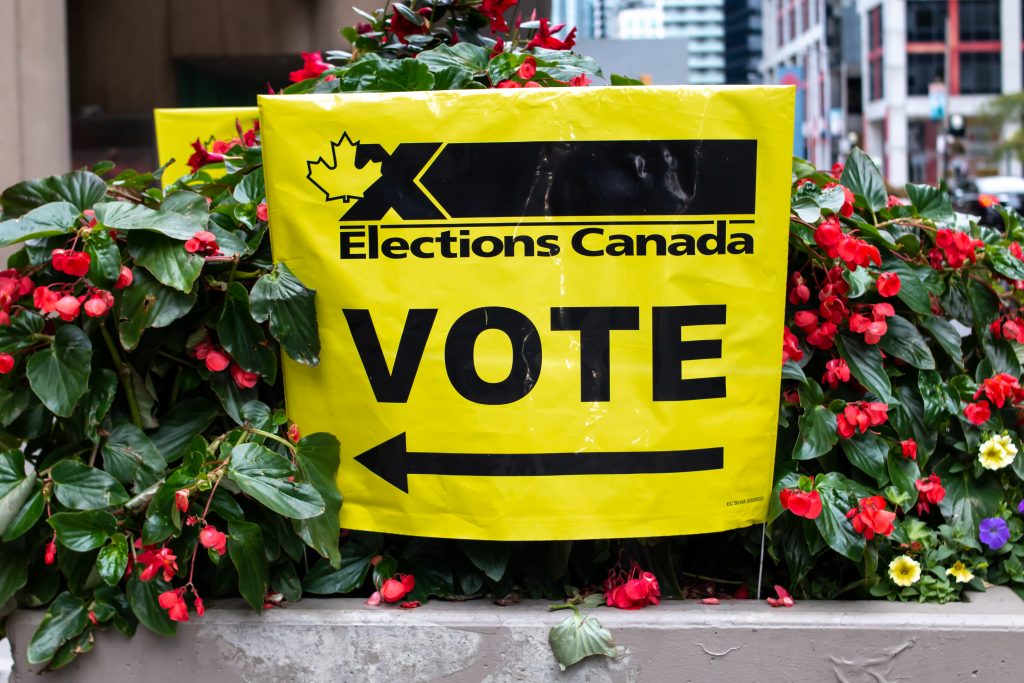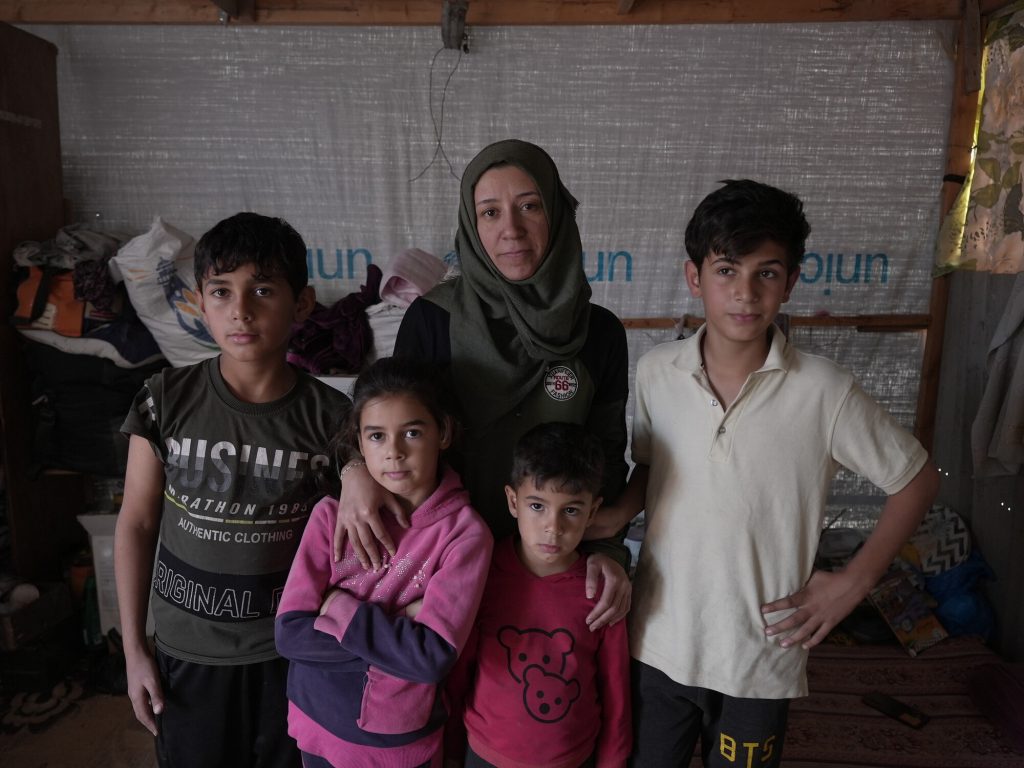Division is plunging Central African Republic into food crisis
by Steve Cockburn
Moussa – not his real name – stood with his last pile of groundnuts, just one of three traders left in a vast, empty market that, before the recent conflict in Central African Republic, used to burst with life. He told me that he had already sent his wife and children out of the country, because he feared for their safety. As soon as he sold his last stock, he would go too.
Exodus everywhere
Around Bangui’s main market, the signs of an exodus were everywhere. Market stalls stood bare. Dozens of trucks full of people, stacked high with their life’s belonging, were on the road. Below them streets were lined with televisions and well-worn furniture – their owners seeking to sell what they could not carry, so they too could join the exodus.
That same day, those trucks formed part of a huge convoy of over 10,000 people making their way to Chad. Some had family there; others had no link other than sharing a religion with the people. I heard that a child was born on such a truck, and two more on arrival. Who can know what future those children will have?
Hiding in fear
Earlier in the week I visited a church in the Castor district of Bangui, which by night shelters up to 20,000 people who fled their homes from the violence. They remain too scared to go home.
Inside the church people gathered with their families under temporary shelters. There are few toilets and not much water. Outside of the Church grounds, a market had sprung up as people continued to work and trade, day and night, to feed their families.
But everyone we spoke to – mostly women sitting shaded from the heat, trying also to look after young children – complained that prices were high, money was low and it was becoming harder and harder to find the food they needed to sell.
Eating once a day
A butcher’s stall stood empty. Meat is now rarely found across the city. All the women and their children now managed to eat just once per day, they said.
The stories of Bangui’s ailing “official” food market and the 24-hour informal trade that was happening in the church are, of course, inextricably linked, and tell us a basic truth – each one of us is dependent on our neighbour, and we destroy ourselves when we attack others. When applying this to the food we eat, there are few truths more basic than that – and few things more worrying today in Bangui.
The fact there was no meat on the market was because the herders who supply the city had fled to the bush with their cattle. Food was hard to find because the large traders who import the vast majority of the country’s staples were themselves on those trucks bound for Chad. Those traders could no longer sell because their customers’ incomes had been destroyed, were themselves stuck sheltering inside a church.
In Bangui there are usually around forty large wholesalers who import and resell the majority of the country’s food, imported from Chad. Less than ten remain, and most of them said they would leave soon if peace does not return.
Fleeing the violence
All of this adds up to another shocking truth: violence and division is plunging Central African Republic into food crisis of real severity – one that will continue to deteriorate as long as people feel unsafe in their homes and shops, or unable to trade with their fellow citizens.
The message from the markets in both communities was the same – they want peace, safety and a way to feed their families.
They look to the international security forces in Bangui to do much more to protect them from those who spread violence. That will require more resourcing of military forces, more policing capacity, and an end to the impunity in practice today.
They look to the aid agencies to help get them something to eat and drink. That will require donors to rapidly mobilise the money they have promised so that aid agencies can get life-saving aid to people who need it, before it gets worse.
And they look to themselves, questioning how this situation came about, and how they can return home in peace.
Moving forward
Despite everything, there are still positive examples and inspirations in Bangui today. The new government – seen as relatively even handed, after decades where no government could be described as such – has promised an end to impunity and to lead a national process of reconciliation. Across the country Imams are sheltering Christians, and Priests sheltering Muslims, leading their congregations in gestures of friendship.
There are no simple solutions to the crisis in Central African Republic, and none that can come wholly from outside. But there is a huge role for the international community to play in order to help these seeds of hope grow. Amongst that is to make sure men, women and children from all communities can eat and trade in peace.
More photos from the crisis in Central African Republic:
View in full-screen for the captions.
Steve Cockburn is Oxfam Regional Campaigns and Policy Manager, West Africa
This blog originally appeared at blogs.oxfam.org

